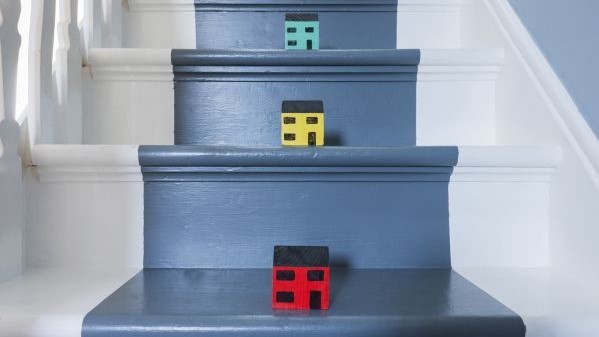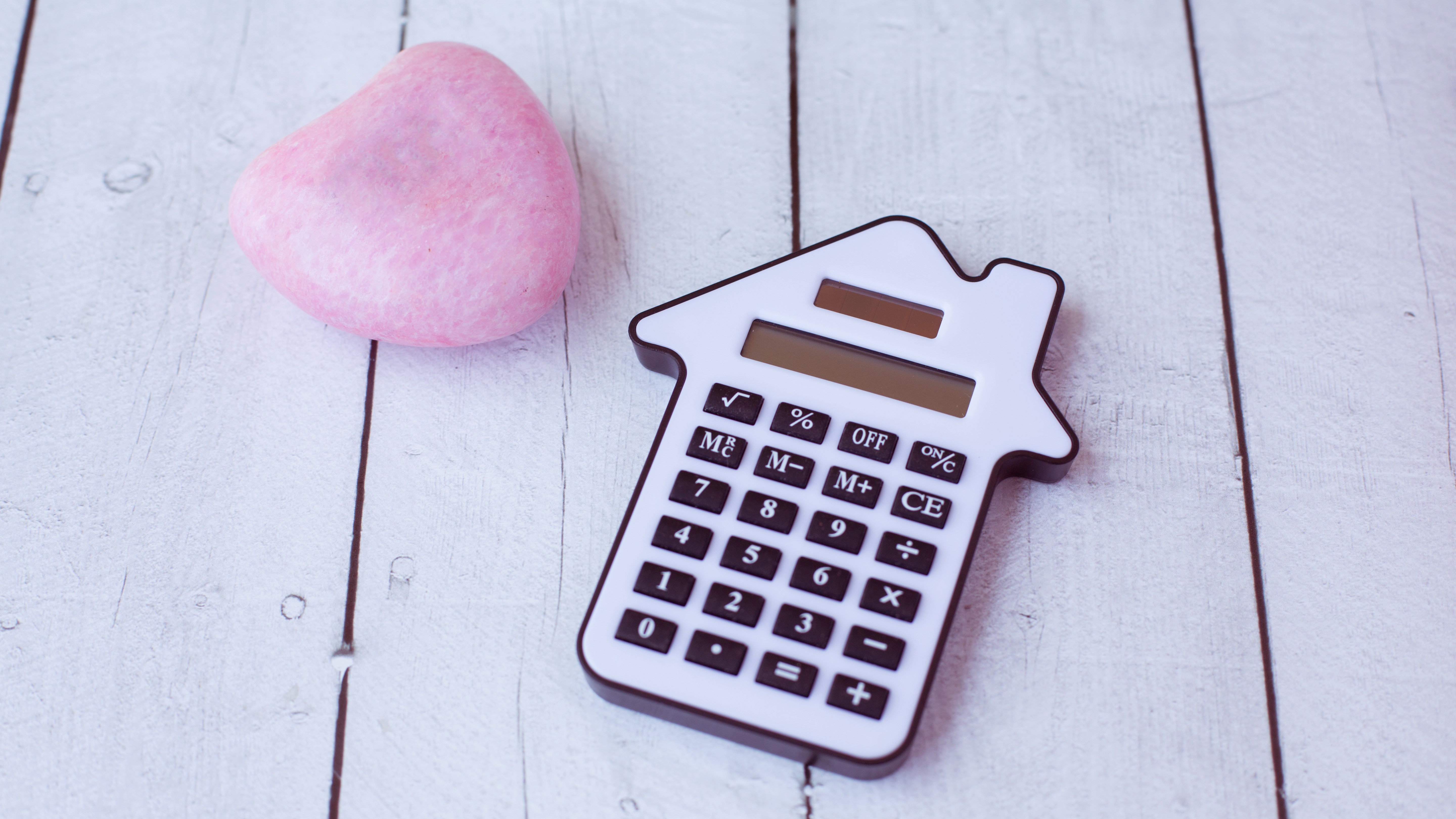15-year mortgage vs 30-year mortgage: Which is best for you?
When arranging a mortgage, you’ll need to decide whether you’d prefer a 15-year mortgage or a 30-year mortgage. Here are the pros and cons of both to help you choose.

Sign up to receive the latest news, reviews, buying guides and deals direct to your inbox
You are now subscribed
Your newsletter sign-up was successful
If you’re planning to take advantage of the current low rate environment by either buying your first home or refinancing, one of the biggest mortgage decisions you will need to make is whether you want a 15-year loan or a 30-year one.
Mortgage lenders and the best refinance mortgage companies will offer both of these options and both will provide a fixed monthly payment over several years. But each has its own benefits and drawbacks, and it’s important to evaluate these in full before making your choice.
What’s the difference between a 15-year mortgage and a 30-year mortgage?
The main – and most obvious – difference between a 15-year mortgage and a 30-year mortgage is the length of term. With a 15-year mortgage, you’ll have 15 years in which to pay down the amount borrowed, while a 30-year mortgage gives you twice as long to repay the loan.
Most 15-year and 30-year mortgages are fixed rate deals, which means the interest rate won’t change for the duration of the loan. However, the amount of interest you pay overall can vary considerably depending on the mortgage you choose.
Advantages of a 15-year mortgage
Perhaps the biggest advantage of a 15-year mortgage is the amount you could save on interest – potentially thousands of dollars. There are two key reasons for this. First, interest rates are usually lower compared to 30-year loans, and second, you’ll be paying down your mortgage over a shorter period of time, so the amount of interest you pay in total will be much less.
Another benefit is that you will pay off the full amount borrowed in half the time compared to a 30-year mortgage, which means you’ll own your home outright much quicker.
A 15-year mortgage also allows you to build equity in your home at a faster rate. Equity is the portion of the property you actually own and is the difference between what you owe on your mortgage and what your home is currently worth. Building equity faster means you may be able to tap into that equity by refinancing, allowing you to pay for major home renovations or school fees, for example.
Sign up to receive the latest news, reviews, buying guides and deals direct to your inbox

Disadvantages of a 15-year mortgage
Of course, there are also drawbacks to a 15-year mortgage. Crucially, because you are paying down your mortgage over a shorter period of time, your monthly repayments will be significantly higher. So while this enables you to be mortgage-free more quickly, if you can’t afford the monthly payments, a 15-year mortgage is best avoided.
Remember that your monthly payment is not the only cost associated with refinancing or getting your first mortgage. There will be closing costs to factor in too, including appraisal fees, home inspection fees, application fees and insurance costs, to name a few.
Advantages of a 30-year mortgage
A 30-year loan tends to be the most popular choice for American homebuyers, primarily because the lower monthly payments on offer make it a more affordable option. Lower monthly payments can also provide the opportunity to build up savings or even buy a larger home than would have been possible with a 15-year mortgage.
Another advantage is that 30-year mortgages can be more flexible. If you choose a mortgage without prepayment penalties, you’ll have the option to increase your payments on your own schedule. This means the best mortgage lenders will allow you to pay off the principal balance earlier than you agreed to, without the need to commit to a shorter term.

Disadvantages of a 30-year mortgage
The biggest drawback to a 30-year mortgage is that it will take you twice as long to own your property outright and you could potentially pay thousands of dollars more in interest during that period.
As mentioned above, interest rates are generally higher compared to 15-year mortgages, and you’ll be paying interest over 30 years rather than 15.
How interest affects your total mortgage cost
If you know how mortgage interest is calculated and the different rates available to you, it's possible to do some calculations. Let’s say you’re borrowing $150,000. A 15-year fixed rate mortgage might offer you an interest rate of 2.47%, while a 30-year fixed rate mortgage might offer 3.31%.
Applying these rates to a few calculations, the 15-year mortgage would have a monthly payment of $998 for principal and interest, while the total amount of interest over the life of the loan would come to $29,677.
In comparison, the 30-year loan would offer lower monthly payments of $658 for principal and interest, but the total interest paid would be significantly higher at $86,854 - over $57,000 more than the 15-year loan.
Even if we applied the 2.47% rate we’ve used for the 15-year mortgage to the 30-year loan, the monthly payment for principal and interest would be $591, while the total interest over the life of the loan would be $62,580 – still more than double that of the 30-year loan.

Which is best for you?
The best way to make a decision about which loan length is right for you is to calculate how much you can afford to pay towards your mortgage each month. If you can comfortably afford higher payments, you may favor a 15-year mortgage which will allow you to own your home outright more quickly.
If your budget won’t stretch that far, however, or you’d prefer to be able to put more money away into savings, a 30-year mortgage will likely be the better choice. Choosing a mortgage with no prepayment penalties could be a good compromise as it offers the flexibility to pay more when you can afford to, without the formal commitment.
Remember that lenders will scrutinize your finances when you apply for a mortgage - knowing the difference between prequalfication and preapproval is a must - so even if you feel comfortable with your payments, you could still be turned away if your lender is not satisfied you could afford the loan. Taking the time to improve your credit score and ensuring your debt-to-income ratio is good could increase your chances of getting accepted for your preferred mortgage.
Rachel is a finance expert and regular contributor to Top Ten Reviews. She has crafted expert financial advice for the likes of The Spectator, Money Supermarket, Money to the Masses, and The Observer. She has written extensively about money-saving tips, and about how you can make the most of your finances in relation to loans, house buying, and other subjects.
